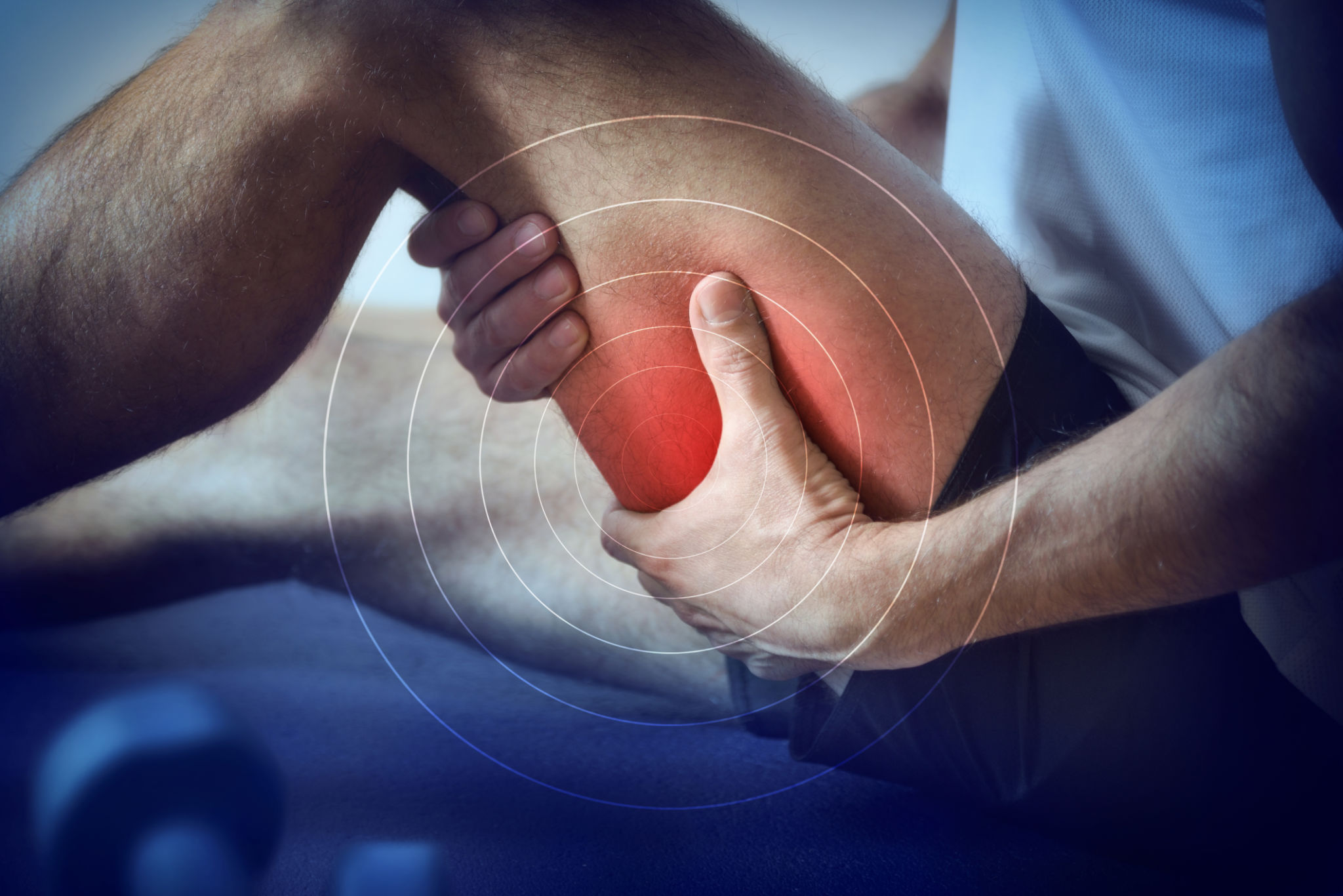The Latest Innovations in Pain Management Techniques
Understanding Pain Management
Pain is a complex and subjective experience that can significantly impact a person's quality of life. Managing pain effectively is crucial for enhancing patient well-being and facilitating recovery. Recent advancements in pain management techniques are offering patients more options and better relief.

Advancements in Medication
One of the most significant innovations in pain management is the development of new medications that target pain pathways more precisely. These medications often have fewer side effects compared to traditional pain relief drugs. For instance, researchers are exploring the use of cannabis-derived compounds, which have shown promise in treating chronic pain without the risk of addiction associated with opioids.
Moreover, advancements in genomic medicine allow for personalized pain management plans. By understanding a patient's genetic makeup, healthcare providers can tailor medications to achieve optimal efficacy and minimize adverse effects, revolutionizing how pain is treated on an individual level.
Non-Pharmacological Interventions
Innovations are not limited to pharmaceuticals. Non-pharmacological interventions such as physical therapy, acupuncture, and chiropractic care are gaining recognition for their effectiveness in managing pain. These approaches often aim to address the root causes of pain, promoting healing and improving function without relying on medication.

Additionally, cognitive-behavioral therapy (CBT) has emerged as a powerful tool in chronic pain management. CBT helps patients develop coping strategies to manage their pain perception and improve their mental health, leading to a more holistic approach to pain management.
Technological Innovations
Technology is playing a pivotal role in advancing pain management techniques. Wearable devices that monitor physiological parameters can provide real-time data to healthcare providers, helping them adjust treatment plans promptly. These devices can track vital signs, activity levels, and even sleep patterns to offer a comprehensive view of a patient's condition.
Moreover, virtual reality (VR) is being utilized as a distraction technique during painful procedures or for chronic pain sufferers. VR technology can immerse patients in relaxing environments, reducing their perception of pain and anxiety.

Interventional Procedures
Interventional techniques, such as nerve blocks and spinal cord stimulation, have also seen significant advancements. These procedures are minimally invasive and can provide long-term relief for patients with severe pain conditions. Spinal cord stimulators, for instance, deliver electrical impulses to the spinal cord, altering pain signals before they reach the brain.
Another innovative approach is the use of regenerative medicine, including platelet-rich plasma (PRP) therapy and stem cell treatments. These techniques aim to repair damaged tissues, offering potential cures rather than just symptomatic relief.
Integrative Approaches
The future of pain management lies in integrative approaches that combine multiple modalities for comprehensive care. By integrating medication, non-pharmacological therapies, technology, and interventional procedures, healthcare providers can offer personalized treatment plans that address the multifaceted nature of pain.
Collaborative care teams that include doctors, physical therapists, psychologists, and other specialists work together to ensure patients receive holistic care. This team approach not only improves outcomes but also enhances patient satisfaction.

The latest innovations in pain management techniques are transforming how we understand and treat pain. By embracing these advancements, healthcare providers can offer more effective and personalized care, ultimately improving the quality of life for those suffering from chronic pain conditions.